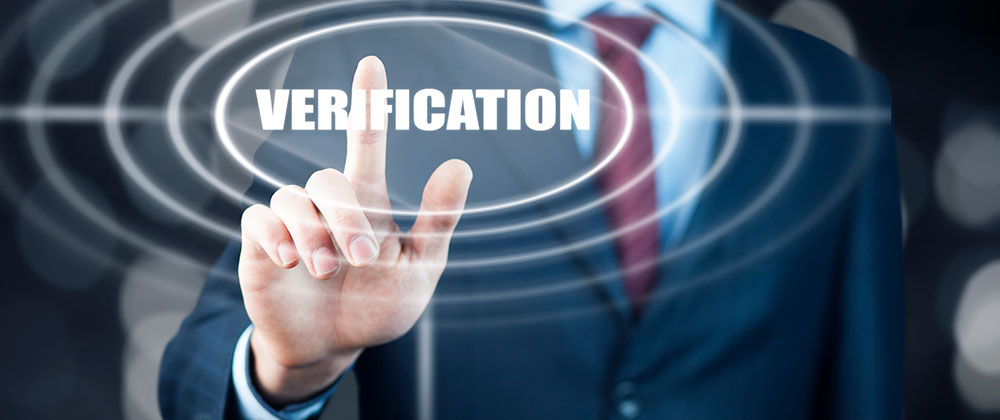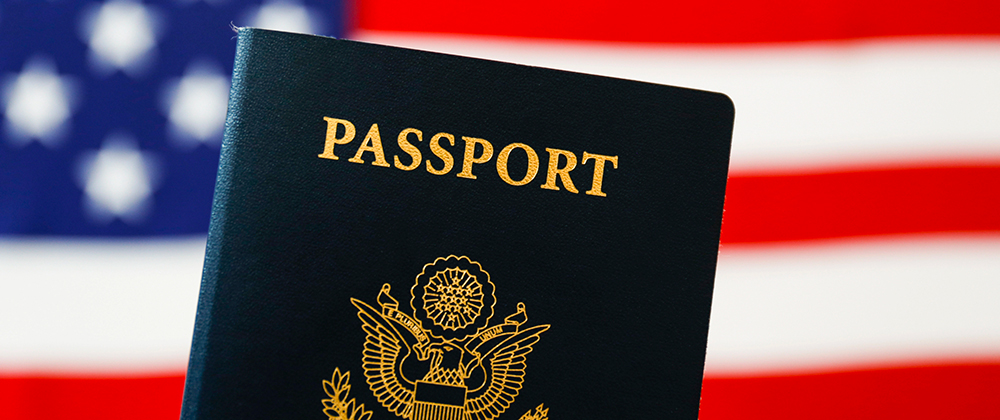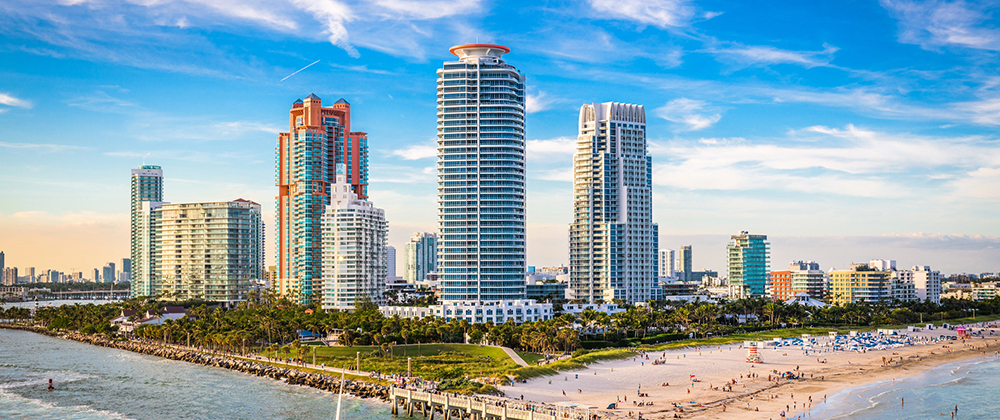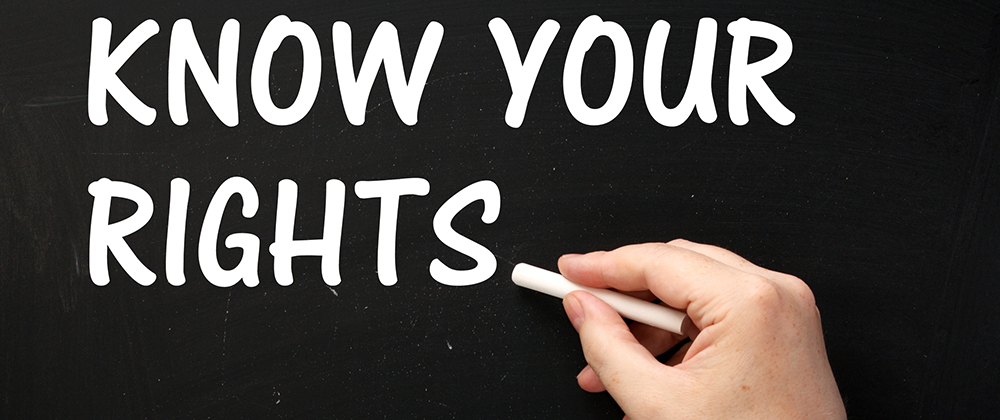Florida’s economy depends on the work performed by migrant workers and other immigrants, including those who are undocumented. Recently, Gov. Ron DeSantis signed a new law that will require many employers to use the E-Verify system. This system confirms whether someone has employment authorization and if the documents they present are real or fraudulent. Immigrants looking for work need to understand the Florida E-Verify law and consider working with a Miami immigration lawyer to avoid problems.
What Is the Florida E-Verify Law?
Gov. Ron DeSantis signed Florida SB 1718 into law on May 10, 2023. This law was effective on July 1, 2023, and requires all private employers with 25 or more employees to use the E-Verify system. Previously, participation by many private employers was voluntary. Only those that had local, state, or federal contracts were required to use E-Verify.
Many employers chose to instead only use Form I-9, a separate system used to confirm a newly hired employee’s eligibility to work in the U.S. With Form I-9, employers must have their employees complete the document and submit original identity documents together with proof of their legal ability to work in the U.S. Employers must retain copies of the Form I-9 and their employees’ eligibility documents and produce them if requested to do so by immigration authorities.
The new E-Verify law changed § 448.09, Fla. Stat. (2023) by adding some new language. Under this revised statute, employers with 25 or more employers were required to begin using the E-Verify system beginning on July 1, 2023. This means that employers must check their new hires’ information with the E-Verify system to confirm their eligibility rather than simply relying on the documents their employees provide to show lawful employment eligibility.
If an employer attempts to access E-Verify for three consecutive business days, but the system is down, their E-Verify requirement will be waived. However, the employer must take and retain screenshots showing the system was down as evidence of why the E-Verify process was not completed. The employer will then need to complete the Form I-9 process and keep copies of the screenshots, the employee’s Form I-9, and copies of the employee’s identity document and proof of employment authorization in the employee’s personnel file.
Beginning on July 1, 2024, employers that violate the law will face stiff penalties. Upon a first violation, the Florida Department of Economic Opportunity (DOE) will send a notice of noncompliance to the employer. The employer will then have to cure the violation within 30 days. If an employer has three or more violations within 24 months, the state will revoke their business license and fine them $1,000 per day until they have cured the issue.
If the DOE finds the employer knowingly hired an undocumented immigrant, the employer can be required to pay back any economic incentives the company received. It will then be placed on probation for one year and have to report to the department to demonstrate compliance.
A subsequent violation within 24 months will result in the suspension or revocation of the employer’s licenses based on the number of unauthorized employees as follows:
- Up to 10 illegal employees – 30-day suspension of the employer’s licenses
- 11 to 50 illegal employees – 60-day suspension of the employer’s licenses
- 51+ illegal employees – Revocation of all of the employer’s licenses
What Is the E-Verify System?
The E-Verify system is a database operated by the U.S. Citizenship and Immigration Service (USCIS). Participating employers can check the information their newly hired employees have provided to them against the information in the system. The database tells employers whether the individual is legally authorized to work in the U.S. and helps to cut down on potential document fraud.
How Is an Employee Defined?
The law defines an employee as anyone who is hired to fill a permanent job for an employer when the employer has control over the work they perform. The law excludes individuals who work as independent contractors as well as domestic workers who perform casual work inside of a person’s home, including housekeepers or handymen.
Get Help From a Miami Immigration Lawyer
If you are an immigrant and want to work in Florida, you need to understand the E-Verify law and how it might affect you. A Miami immigration lawyer at the law firm of Pozo Goldstein can review your situation and help you understand the options that might be available to you. For help with immigration services, contact us today by calling (305) 856-0400.




